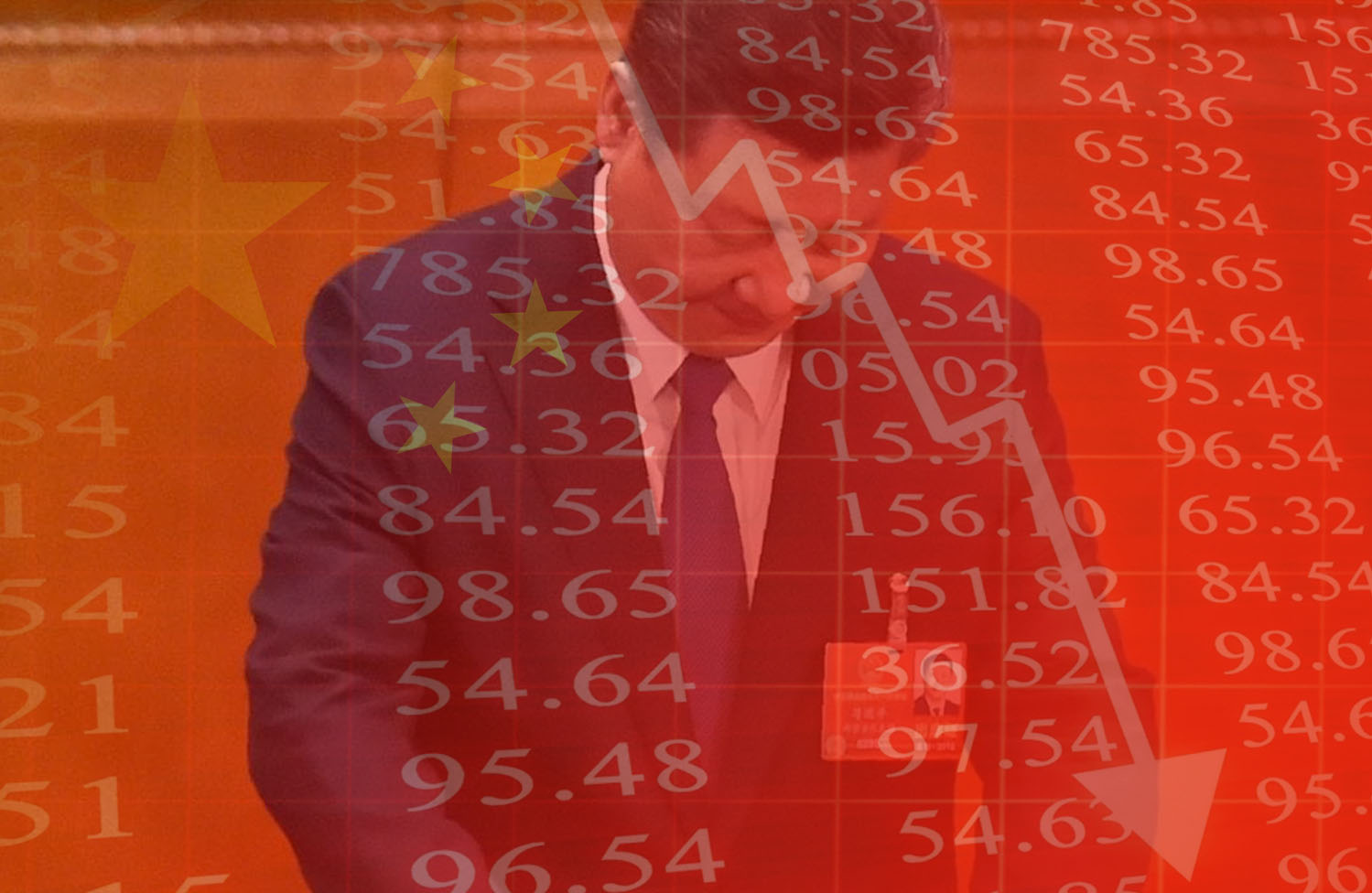President Trump is a man with simple pleasures, give him a break. He likes a good deal, a nice pair of slacks, room temperature airport coffee, and breathing with his mouth open. Every single day, at around 3:45 pm, President Trump steps away from all the noise and walks down the halls of the White House, letting thoughts wash over him like rainfall, but somehow, like clockwork, his head starts to pulse with pain and anxiety over China. No matter how hard Trump tries, he can’t stop thinking about his maximal distaste with China. To be honest, who can blame him for wrestling with such thoughts, isn’t being President of the United States of America supposed to be as easy as running a real estate empire? Either way, for one, seems like ages, President Trump has lambasted China for how its industry leaders manipulate the global marketplace, going so far as to wage an all-out trade war against the world’s second largest economic superpower.
Unlike other decisions made by President Trump that have received global criticism, his hardline approach to dealing with Beijing has recently garnered significant support at home as well as in countries like Germany, Japan, and the United Kingdom. About a week ago, President Trump and Chinese President Xi Jinping sat down to iron out tenable solutions for their ongoing trade war. At the conclusion of their meeting, Trump agreed to cancel his planned Jan. 1 tariff increase on Chinese products in exchange for purchases of a “very substantial amount” of the American farm, energy, and industrial goods.
One analyst, Fraser Howie, spoke on the agreement between the US and China:
“Markets should be happy, in that the worst is postponed. But I don’t see the West ever going back to business as usual with China. Too many genies have been let out of the bottles.”
–Fraser Howie
Despite Trump’s resolve to pursue routes to ease US stock market tensions catalyzed by China-related issued, matters were only made worse when the US indicted Huawei executive Meng Wanzhou. Meng is the deputy chair and chief financial officer of Huawei Technologies Inc., China’s largest telecom equipment manufacturer.
The company has recently been under investigation for allegations claiming that Huawei has broken American trade controls on Cuba, Sudan, Iran, and Syria. Huawei has garnered significant successes by tapping into telecom markets in countries around the world, but when the company decided to work with Syria, where American officials had been working to impose limits on technology in an attempt to prevent further human rights abuses, these businesses tactics have resulted in claims that China is purporting these atrocities. Earlier this year, the US Treasury and Commerce Department began investigating Huawei for claims that the company was potentially violating economic sanctions against Iran, according to the New York Times.
Under the guise of threats to national security, President Trump has done everything in his power, while president, to thwart any attempts made by China to threaten the US tech industry. The arrest of a Huawei executive only furthers this point, given that Huawei and several other Chinese telecommunications companies have come dangerously close to beating the US to release devices on 5G wireless networks.
“US law prohibits exports of certain US-origin technologies to certain countries. When Huawei pays to license certain US tech, it promises not to export to certain countries like Iran, So it is not unreasonable for the US to punish Huawei for flouting this US law.”
–Julian Ku, Professor, Hofstra University
As a result of the bad press surrounding China, Chinese markets reported subpar industrial output and retail sales numbers for the month of November on Friday. According to several sources, Chinese industrial output grew 5.4% from the year prior, the slowest pace over the course of the last three years as it matched the rate of growth seen in January to February 2016, according to Reuters records.





